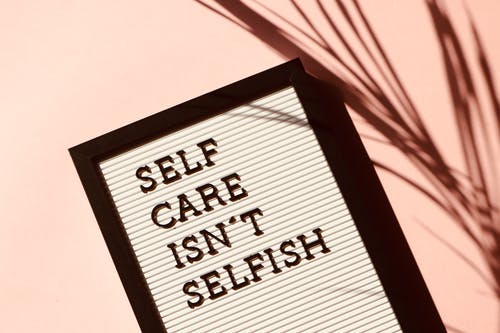
There’s a link between stress levels that are perceived and specific life situations. Surprisingly, many of life’s potentially stressful occurrences are quantifiable in the sense that most people view them as complex or non-stressful. Stress is an annoyance to your otherwise tranquil life. We all wish to live in a quiet and organized environment. If we develop certain habits, we tend to increase our levels. Human beings are all animals.
We all want to feel secure and at ease; however, we learn that things don’t always go as planned when we get older. We encounter various events that flip our world upside down and can cause us to feel anxious.
Most Stressful Moments in Life
The human body reacts to “stress” in predictable and biologically-programmed ways. Also, we try to “fight” the situation or get out of it. Our sympathetic nervous system reacts by causing sweat, heartbeat, and emotions in many cases. Five of the most stressful instances are listed below.
1. Death of a Family Member
It doesn’t matter if you’re in the United States or on the other side of the world. We all suffer loss in the same way. Although your grieving process might differ from others and stress is a sure way to cause chaos in your physical body. In addition to being overwhelmed by unpleasant emotions, Your life will be significantly affected by circumstances you cannot control.
Sadly, some individuals recover from stress caused by family and friends while others don’t. The death of a family member could cause severe disorders such as sadness. Pathways school of discovery helps you with your coping mechanism to handle stress. Innovative ideas and methods can help you deal with the disorder in a more effective way.
2. Separation or Divorce
Divorce is a tense process for both parties. No matter how happy you are to be free of your lazy or unfaithful ex-spouse, separation can cause tension. Aside from the emotions, divorce generally means one or both couples have to leave their home and may need to resolve complex financial concerns, property distribution, and custody issues.
Divorce, like death, suddenly ends the person’s emotional and financial support. The body reacts to the change in the aftermath by producing the stress hormone “cortisol,” which produces weariness, despair, and anxiety. After separation, ex-spouses are advised to undergo depression clinical trials to ensure their mental health.
3. Moving Out
Moving can be stressful, no matter if you’re moving out of your mother’s spare room or your home. Many people are confused by the process, but keep in mind that your habits must be reestablished and disrupted when you relocate. You have to be aware of your finances, and move times are often longer and busier than usual, making you exhausted.
Everyone dislikes relocating, even if it’s an ideal change in your lifestyle. De-packing all of your Adelaide items can be a pain. Since you’ll require time to settle in your new home, keeping the routine as regular as possible is essential, particularly if you have kids. Remember to relax.
4. Terminal Illness
Whether physical or emotional, the effects of stress are always tricky, especially when it is prolonged. In the long run, serious injuries or illnesses can lead to fatigue and anxiety, as well as financial hardships. A lot of people with chronic diseases or injuries develop depression. An injury or sickness puts you in a place where you cannot complete your daily routine.
This change in condition creates stress. Emotional support and massage could help injured athletes. Patients who are sick should adhere to a physician’s instructions, requiring massage, medication, and a special diet. Compass internship offers adequate mental health care for persons suffering from mental health disorders. It is a process that accelerates the recovery of an individual suffering from such illnesses.
5. Loss of Employment
Insufficient income, particularly for the primary earner in an extended family or a couple, may be financially and emotionally tragic. It can also be humiliating. Losing a job sometimes results in anxiety, despair, and other emotional turmoil, such as being unable to cover rent or other payments. Most people are stressed until they accept that they’ll live on less money or locate another job.






